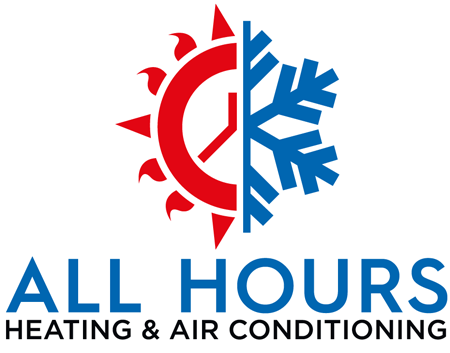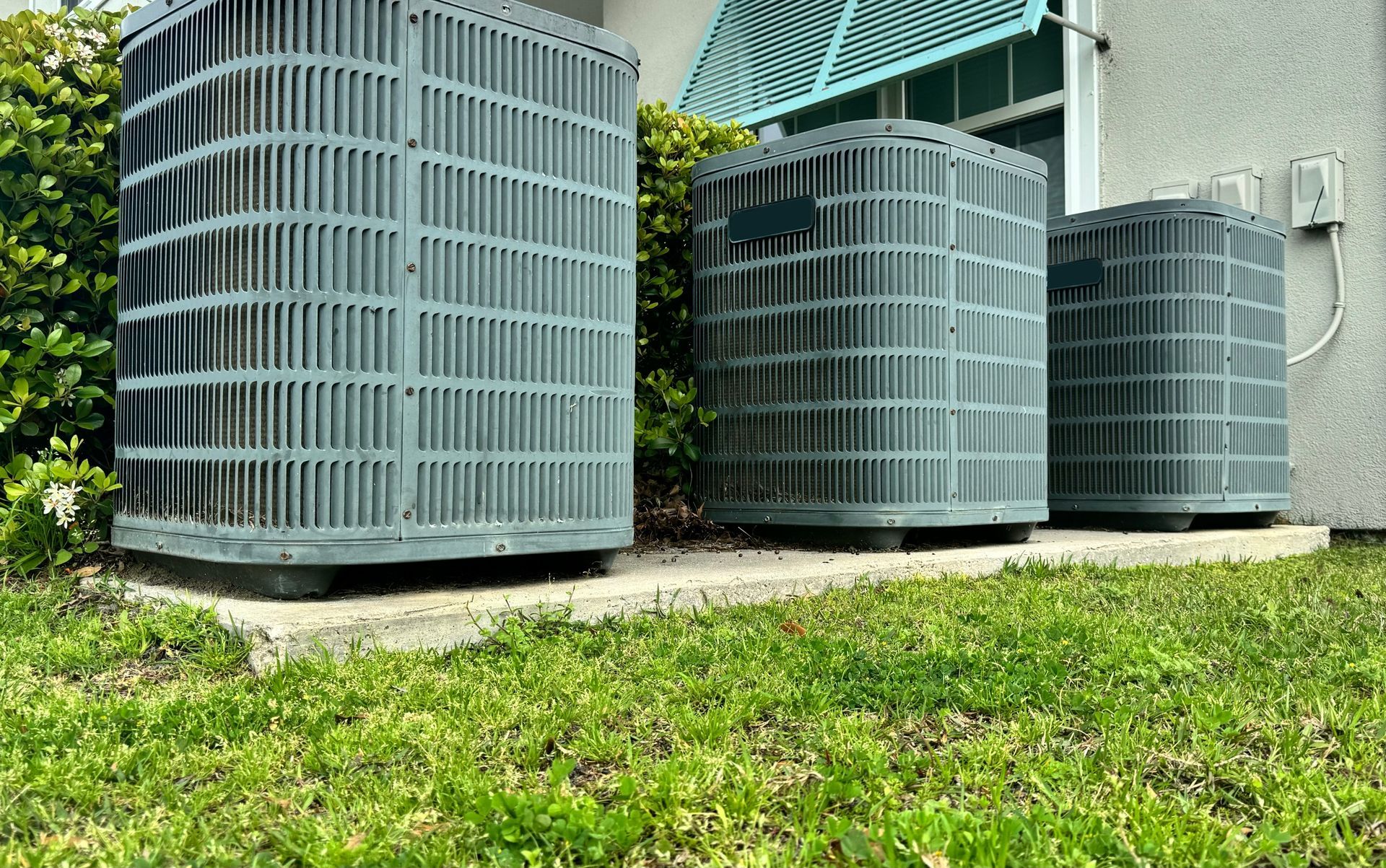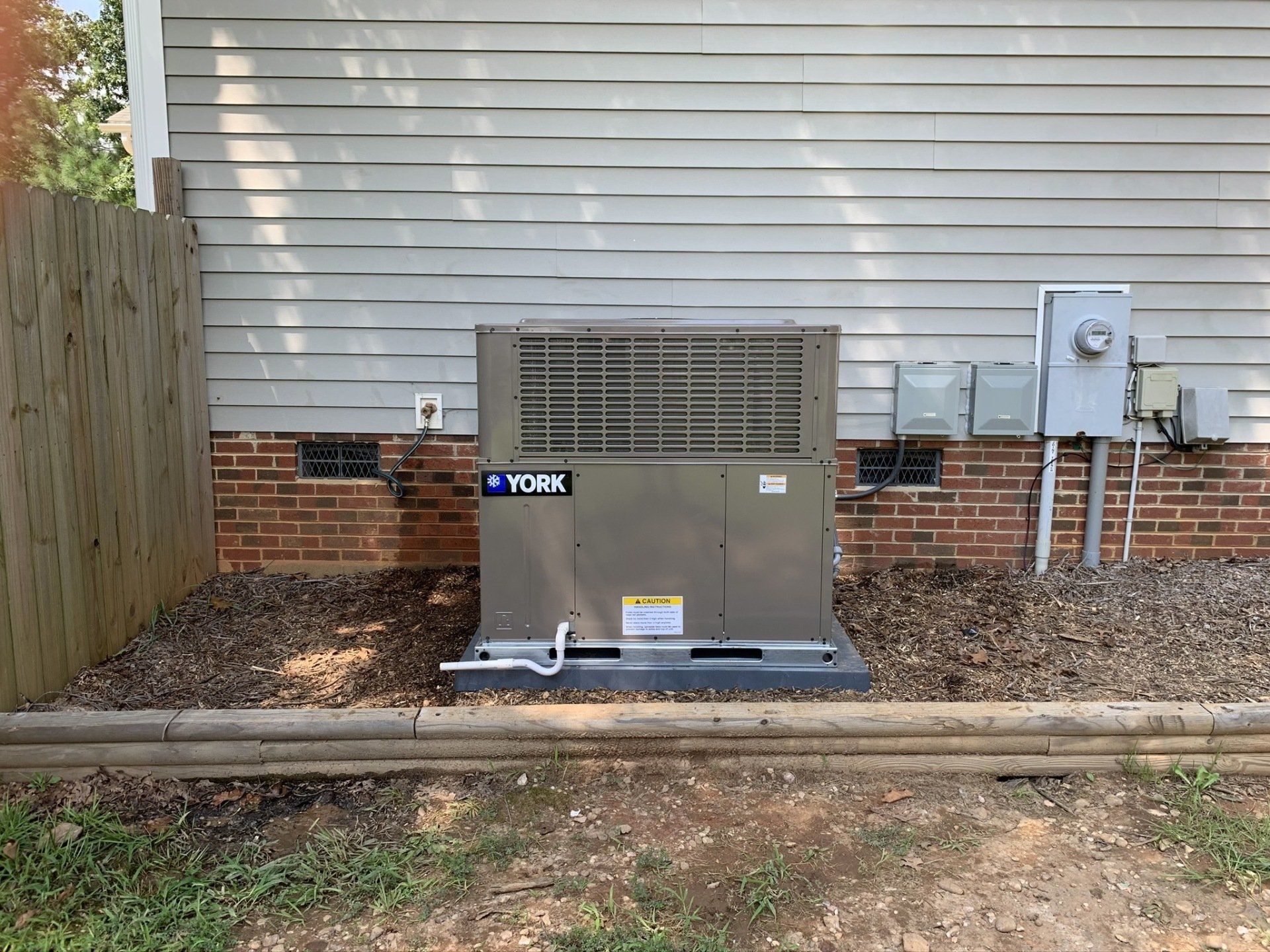What are the different types of filters for your heat pump?
Winter will have many residents of Clayton, North Carolina spending more time indoors. It can be a cozy time, but winter can also be a time of illness and dry and dusty air! Chances are, you’re probably not letting much fresh air into your house during our cold winters, so you’re relying on your heat pump or furnace to keep the air fresh and circulating.
In almost every blog we post, we talk about the importance of air filters in HVAC systems. They’re a critical part of your family’s health and the health of your heat pump or HVAC unit. Last week, we talked about MERV ratings and filters. But what are the different types of filters, and what are the pros and cons of each? Read on to find out!
Fiberglass air filters
Fiberglass filters are a common, woven, disposable filter type that will do a good job at keeping large air particles out of your system. They usually have a MERV 4 rating, which means they’re not great for catching smaller particles like mold spores, dust mite debris, or bacteria. But they’re easy on your system (they don’t restrict airflow very much) and they’ll do fine filtering larger pollutants like pollen.
Fiberglass filters are usually pretty cheap.
Pleated air filters
Pleated air filters are usually made out of layered cotton or polyester that, as the name implies, are pleated (folded or ruffled) to trap finer debris that fiberglass filters might struggle with. Pleated air filters can have a wide range of MERV ratings, but they’re often in the six to 10 range, which means they can catch smaller particles than most fiberglass filters, including mold spores and dust mite debris.
Pleated filters also vary substantially more by price and quality, but you can usually expect to spend more than you would on a fiberglass filter.
Talk to a pro about upgrading your filter
It’s important to consult your HVAC system’s manual or a professional before you go swapping filters out willy-nilly. Not all HVAC systems are powerful enough to blow through all filters or filter types. In a future article, we’ll also talk about HEPA filters, though residential HVAC systems are rarely capable of pushing air through such a heavy filter.





